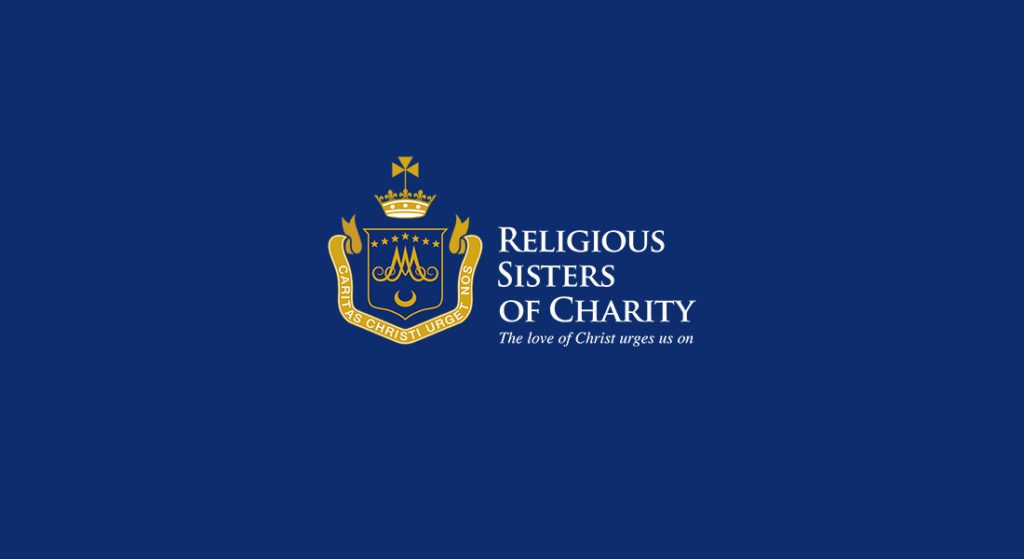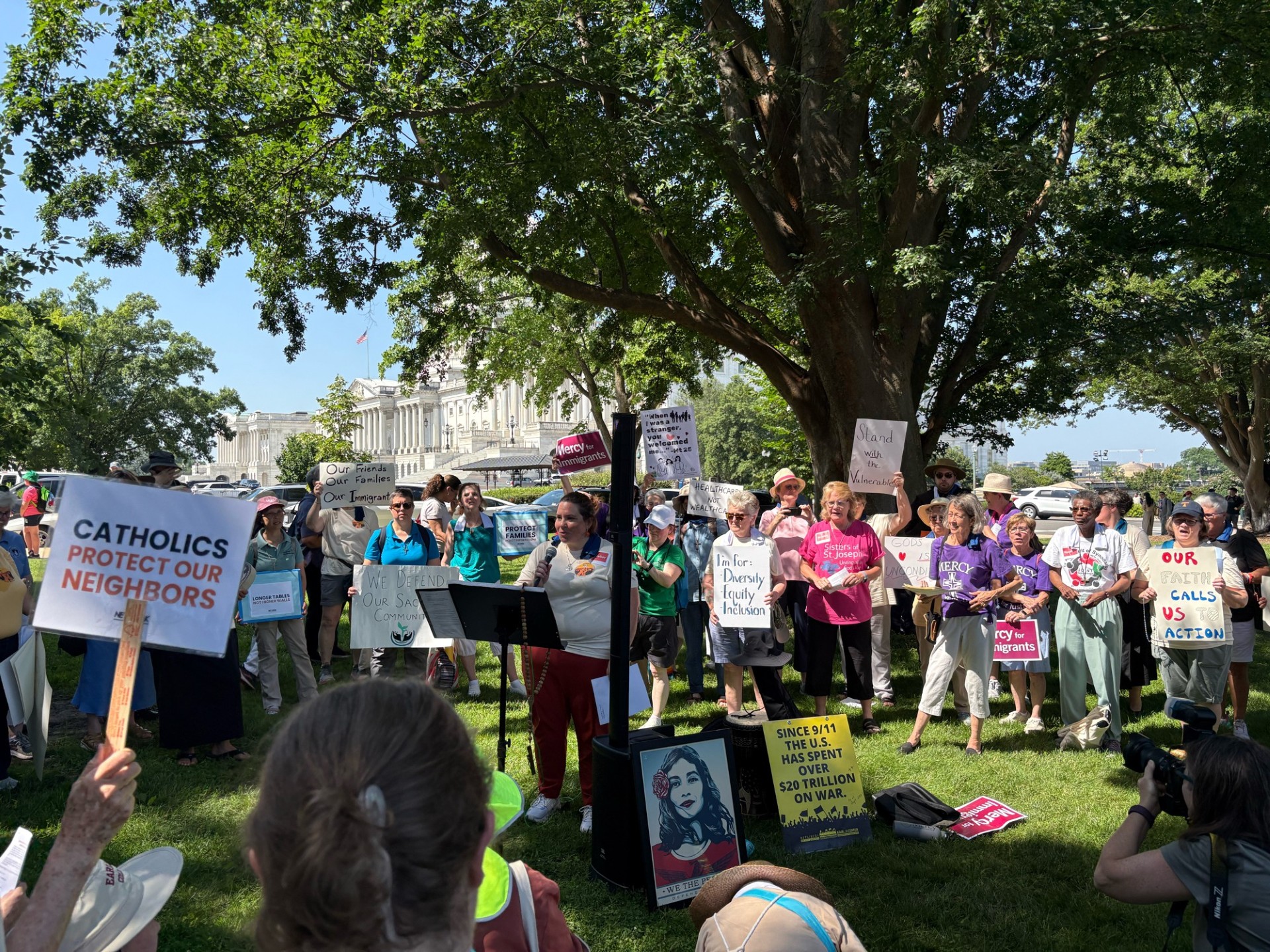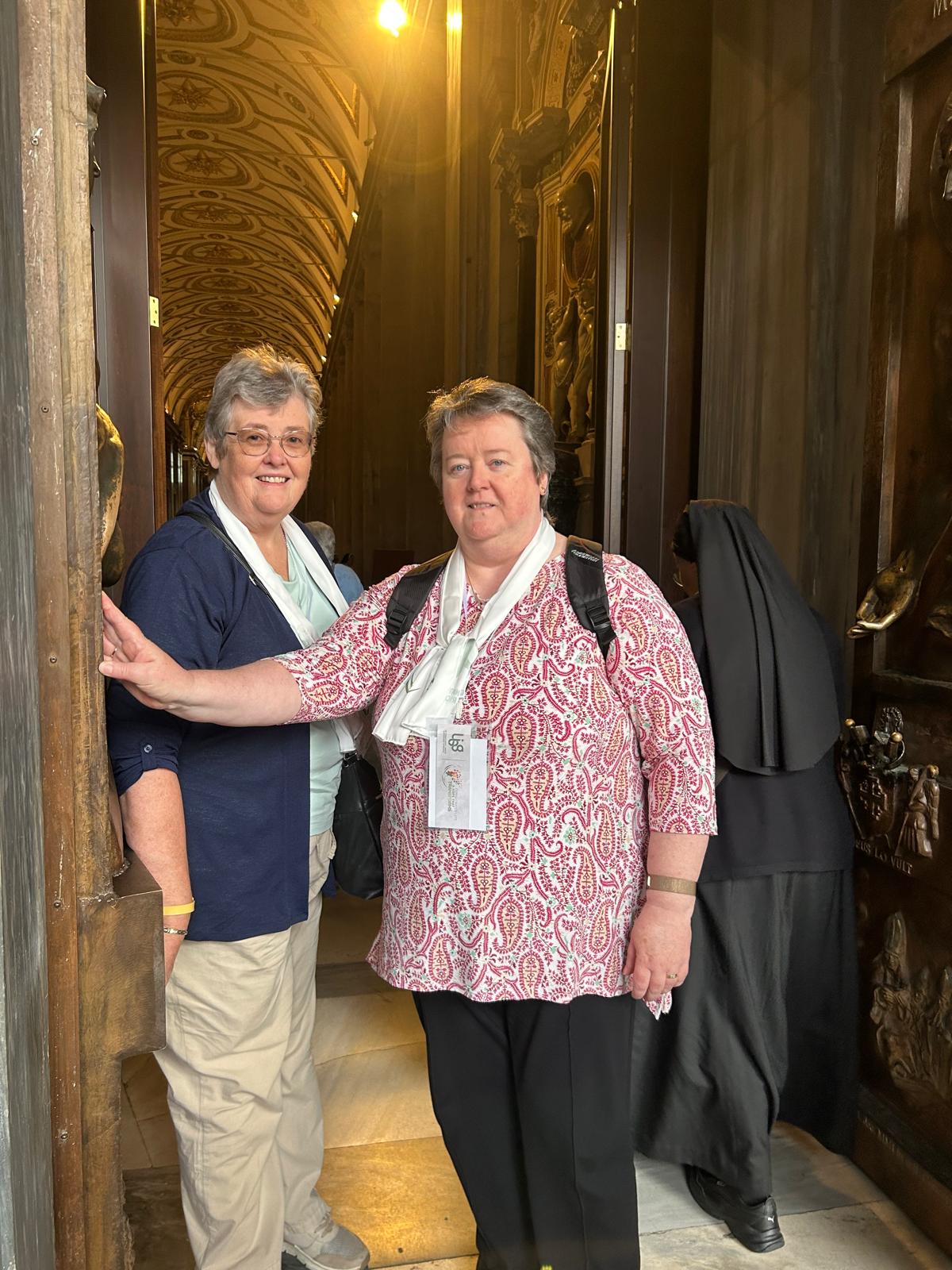
 Participating in this RENATE (Religious in Europe Networking Against Trafficking and Exploitation) workshop/training was for me a very great privilege and I am deeply grateful for the opportunity. It was the first international event on trafficking at a venue outside Ireland that I had attended. It was entitled – Labour Trafficking and Migration Training – and it took place from 2-7 November 2014.
Participating in this RENATE (Religious in Europe Networking Against Trafficking and Exploitation) workshop/training was for me a very great privilege and I am deeply grateful for the opportunity. It was the first international event on trafficking at a venue outside Ireland that I had attended. It was entitled – Labour Trafficking and Migration Training – and it took place from 2-7 November 2014.
The location was Bucharest, Romania, at the Monastery of the Discalced Carmelites a few miles from the city centre. The monastery was built from the ground in the last ten years and the grounds were still being landscaped. The interior of the house was very modern and comfortable. The community are all Italian and they were very welcoming and hospitable. Sr Adina CJ, who lives and works in Bucharest, was tireless in her efforts to help, beginning with meeting the participants at Henry Coanda Airport, Otopeni, Bucharest.
Delegates came from the UK, France, the Netherlands, Germany, Italy, Hungary, the Czech Republic, Albania, Romania and Ireland. There were three from Ireland, Sr Síle McGowan (Holy Family of Bordeaux), who is a member of APT, Mrs Anne Kelleher, newly-appointed Communications Officer for Renate, and myself. I am the communications person for APT with Renate, so Anne is my link person.
We began each day with Mass at 7a.m. followed by breakfast. We then gathered in the conference room and each day we were led in a theological reflection by Sr Juliet Ory FCJ, who lives and works in Bucharest.
Our presenters for the week were Mr Bogdan Budeanu, Migration Specialist, Romanian Border Police; Mr Florinel Ionescu, Specialist in Migration and Trafficking with the Romanian Police and Ms Gina-Maria Stoian, Social worker specialising in Trafficking, Exploitation and Repatriation. Everyone was struck by the respect, humanity and compassion of all three presenters. It was clear that they were all passionate about their work for victims of trafficking. For them, this is more than a job.
The topics covered included the following: Migration and Forced Labour across Europe; Labour Exploitation/Trafficking for Forced Labour; Profile of Victims of Trafficking; EU Estimated Figures and Statistics; Victim identification, formal and informal; Proactive Identification; Transnational Mechanisms of identification and Referral; Exchange of Sensitive Information; Social Insertion; Reintegration; Personalised Case Intervention; Victim Witness Coordination Programme; Multidisciplinary and Multi Agency Cooperation; Prevention Initiatives.
While the topics related primarily to trafficking for labour, the information was relevant to trafficking for sexual exploitation and there was considerable overlap. The terms “sex work” and “sex industry” put sexual exploitation into the field of “work” and the same tactics of coercion, deceit and physical abuse are used and victims are passed from gang to gang across the world.
Romania has borders with five other countries and has a Black Sea coast, which makes it an ideal transit country. In addition, many Romanian nationals have been trafficked to Western European countries, including Ireland. Many of those seen begging on the streets of Dublin are Romanian members of the Roma Community and some have been recruited specifically to beg.
The input each day was quite intensive, although the presenters were always willing to answer questions or take comments. However, the evenings gave us a change of scene, when we had “The Market Place”, when the members from each country took a space where they shared what they were doing back home and we moved about from group to group to hear these sharings. I was very impressed by the work of Sr Imelda Poole CJ in Albania, where she and her associates run development programmes for vulnerable women, including victims of trafficking, under the name of Mary Ward Loreto Foundation. A second group from Albania were D&E, Different and Equal, which gives reintegration assistance for Albanian Victims of Trafficking. D&E were represented by dedicated lay people. Nigerian Sisters working in Italy told us how they had fought for a living wage for the Pakistani workers recruited to pick fruit in appalling conditions in Puglia, and also how they repatriate Nigerian women trafficked into Italy, liaising with Sisters in Nigeria and financing small businesses such as hairdressing salons for them back home in Nigeria. Vietnamese men working under duress in the forests of the Czech Republic were being helped to return home as were women recruited as sex partners for the workers in the forests.
Ireland is mostly concerned with people who have been trafficked into the country as opposed to people who have been repatriated after being trafficked out of Ireland, though it cannot be taken for granted that there are no Irish victims of trafficking. In my work with Ruhama, I have met women from many countries and heard their stories. One of my tasks was to establish contacts in countries of origin to facilitate repatriation when this was being arranged. Meeting delegates from these countries gave me valuable information about services available for victims returning home. I have also engaged with Irish women working on the streets of Dublin. From this, I have a good idea of the factors that force a woman to get involved in prostitution.
On one day, we went on a bus tour of the city of Bucharest and later that evening went to see a hostel for young girls rescued from prostitution. Mrs Jana Matei, a Romanian lady born in Australia, was in charge of the hostel and we met all the girls, who had baked a lovely marble cake for us.
When we came to evaluate the week’s work, we all realised that there are huge gaps in our knowledge of the global scene and the extent of the problem of trafficking. We were, however, very encouraged by the example of others and determined to keep on doing what we can locally, while informing ourselves of wider issues by reading and attending workshops and conferences. Making contacts in the various countries was also valuable and is the purpose of RENATE gatherings.
RENATE expressed their gratitude to The Sisters of Charity for declining refunding of my travel costs, leaving this as a donation to RENATE.
Sr Phyllis has given me permission to hold a reflection day for the Irish Province on the subject of Trafficking. Dr Suzanne Mulligan, theologian at NUI Maynooth, has agreed to give us some input, helping us to discover and reflect on the Scriptural basis for our work. This day will be on Friday, 6th March 2015. The venue will be booked when numbers attending are ascertained.
Sr Eilís Coe






